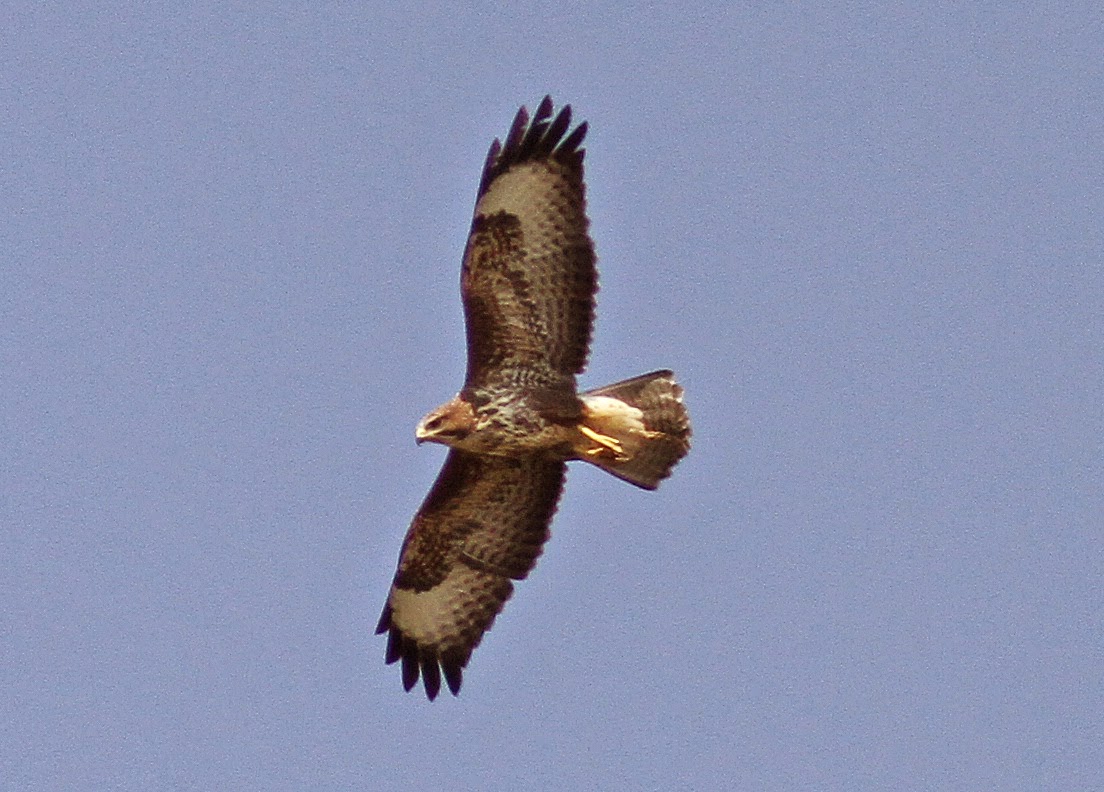Grounds of Challenge
1. Error in interpretation of the South London Waste Plan
Basically, an argument over the interpretation of the consideration of two policies (WP3 ad WP5). The judge will consider whether the planning decision outcome would have been different if an alternative policy had been applied.
2. Legal errors in approach to development on Metropolitan Open Land
An argument over whether the harm to the local community had been considered and also whether there was an urgent need for the incinerator. The judge will look at the mitigation measures and the waste management targets to assess that.
3. The defendant fettered its discretion to decide the planning application on planning ground
A contract was signed between the local authority and Viridor even before planning permission was granted. This is an argument over whether this then pre-determined the planning decision. The judge will decide whether that was acceptable business speculation or something else.
4. Errors in the environmental assessment- failure to assess the environmental impact of the CHP pipeline
No surveys were carried out on the impact of the pipeline that is supposed to provide heating for nearby communities via a district heating network. The judge will decide whether that is acceptable at this stage (as the final route of the pipeline has not been decided) or whether it amounts to a fundamental flaw in the planning process.
(Basically in my humble opinion- most of the arguments are interpretative, subjective and potentially circular and in a court it could come down simply to who runs out of funds first. Again in my humble opinion, the strongest arguments were the ecological arguments which would have come into the legal errors in approach to development on MOL. There have been clear fundamental failures in the on-going Conservation Management Plan, the impact on the wildlife populations has not been adequately mitigated so any consideration of the application in light of the failed current conservation management plan and conservation strategy, (assuming it was a robust strategy to assess and mitigate for impact of inappropriate development on MOL) is fundamentally flawed. The ecological arguments are unequivocal and are supported by countless ecological surveys over 15 years and upheld by the most respected conservation regional organisations which have expressed opinion through the formal planning process to the planning officers. That data and that professional opinion has been largely ignored and amounts to a fundamental failure of the planning system. However it is unfortunate that the JR process might not be able to address these issues due to the technical limitations of the JR process)




















































